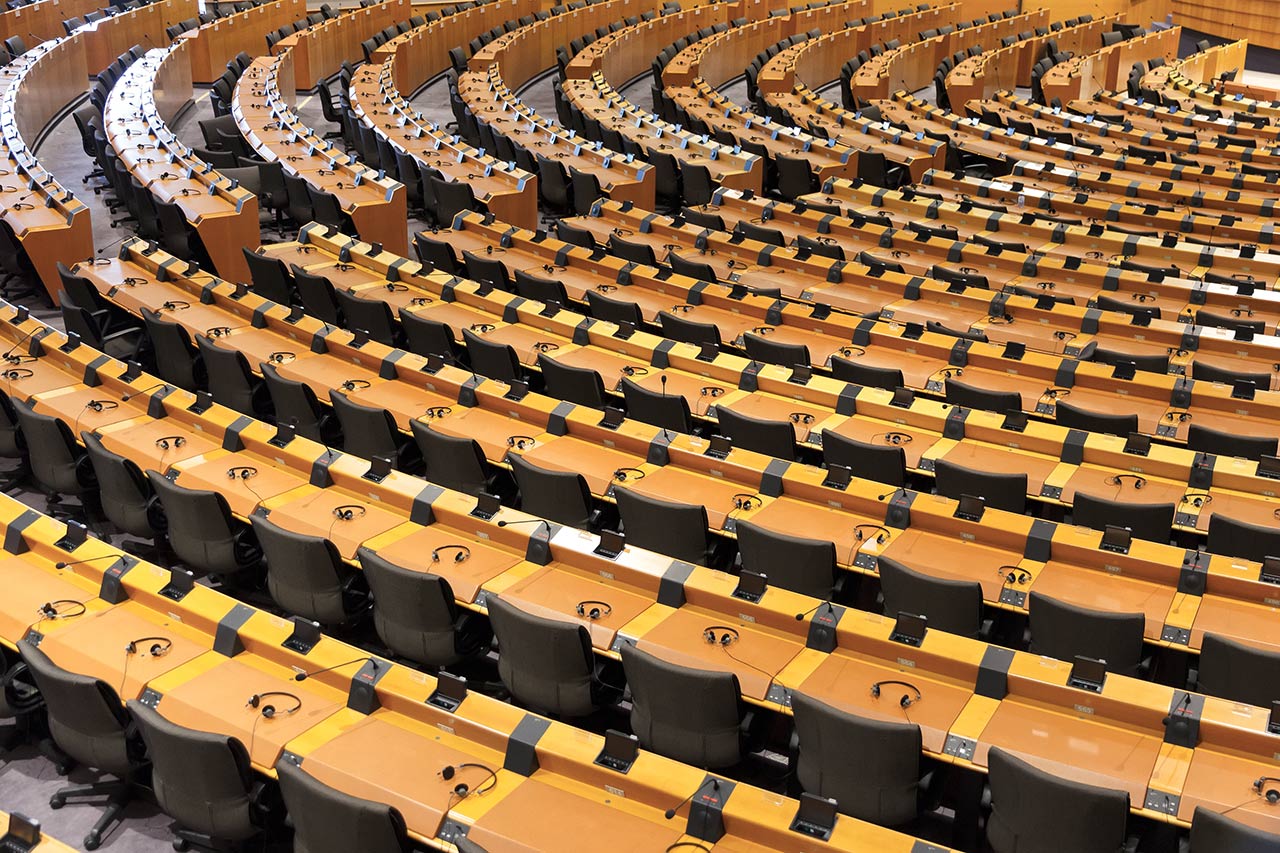The BRICS countries and sub-imperialism
The term BRICS is an acronym for the grouping of five countries, Brazil Russia, India and China and South Africa. Their aim has been to...
Question
Does the BRICS bloc mean to practice sub-imperialism?
Answer
The term BRICS is an acronym for the grouping of five countries, Brazil Russia, India and China and South Africa. Their aim has been to improve their combined economic strength on the global stage as a counterweight to the hegemonic power of the United States as well as the growing influence of the European Union. While the group has not moved towards instituting a formal trade agreement, it does hold regular summit meetings and has controversially proposed the creation of its own bank that would either run alongside, or compete with, the IMF and World Bank. This has led to allegations that such a bloc would institute a new form of imperialism on developing states, especially in Africa. This has been based largely on China’s already extensive investment in the continent, which has been described as a second Scramble for Africa. However, the more plausible explanation is that these states (which possess a joint estimated GDP of $16tn) are utilising their predicted future economic growth to challenge the traditional U.S. dominance of the global financial system.
Despite the power that the different countries possess in both manufacturing and the production of raw materials, the group’s plans have slowed in recent months. This has been due to economic problems in some of the states. For example, Brazil’s economic problems have been exacerbated by political scandals, while South Africa’s government has suffered from allegations of corruption in conjunction with rising inflation and reductions in exports. While Russia is also suffering from the low price of oil, China has experienced an economic slowdown due to issues such as debt and an over-reliance on investment. The ability to overcome these problems while addressing institutional weaknesses will determine the future viability of BRICS as a challenge to U.S hegemony.
